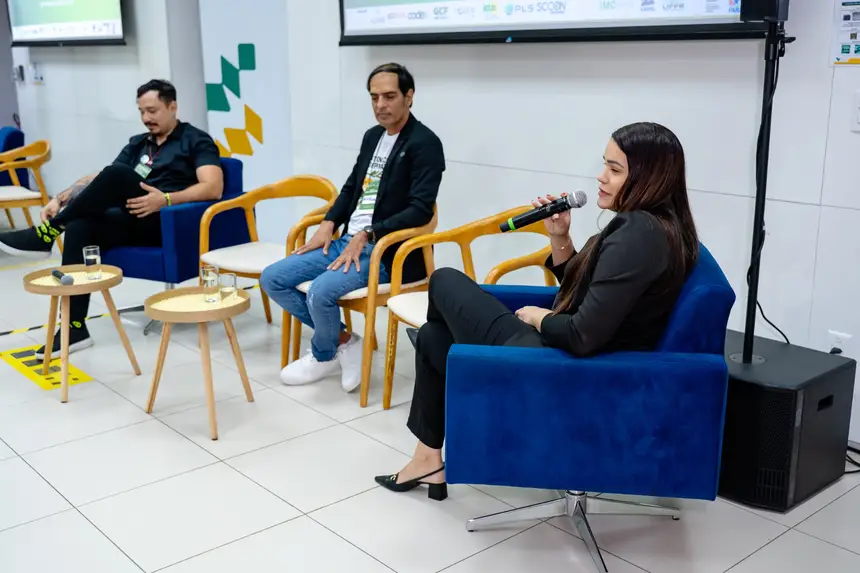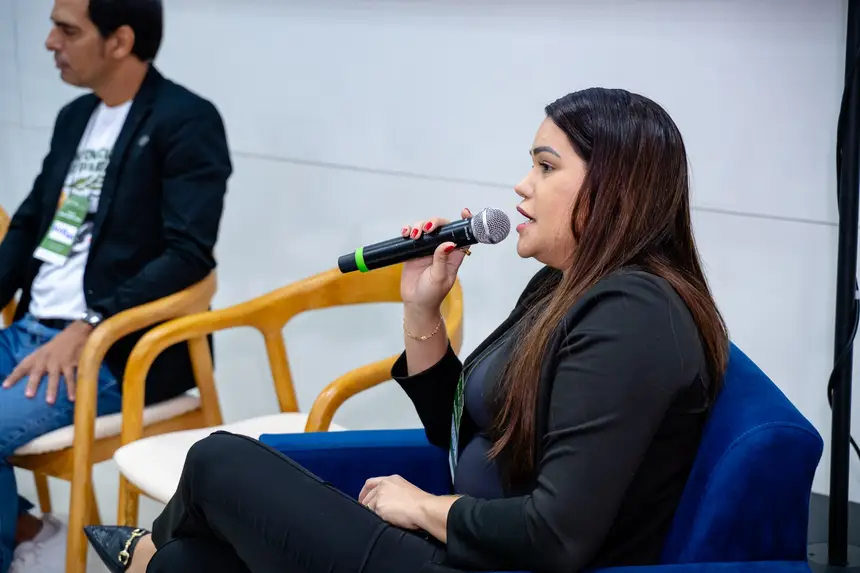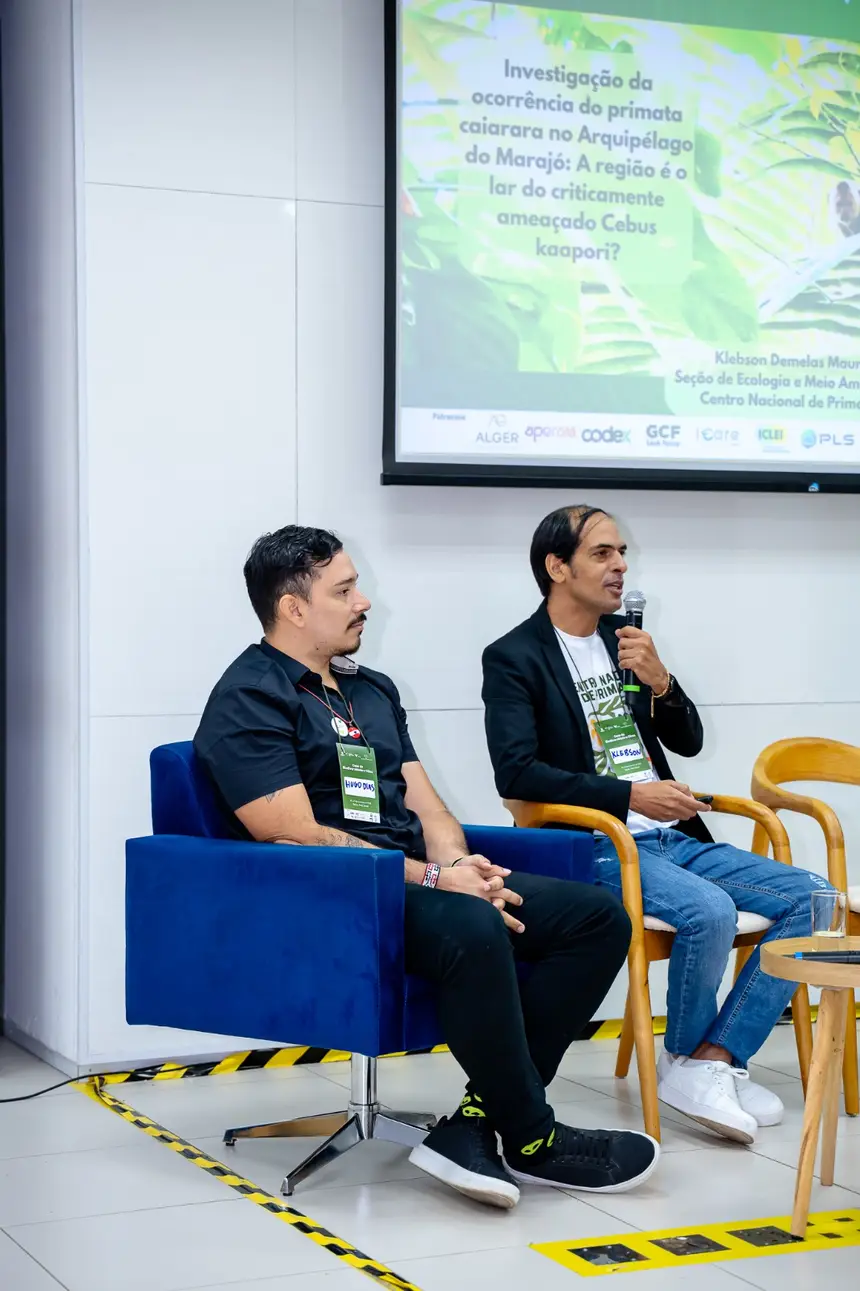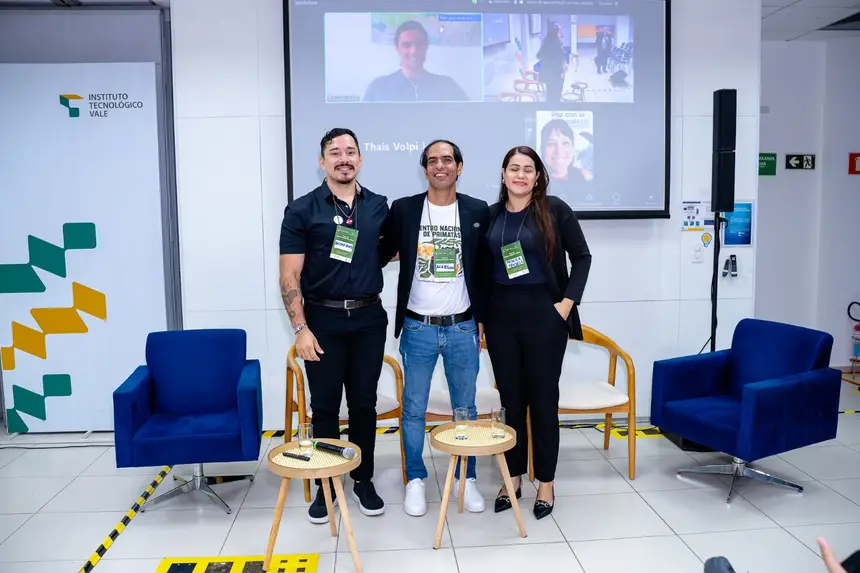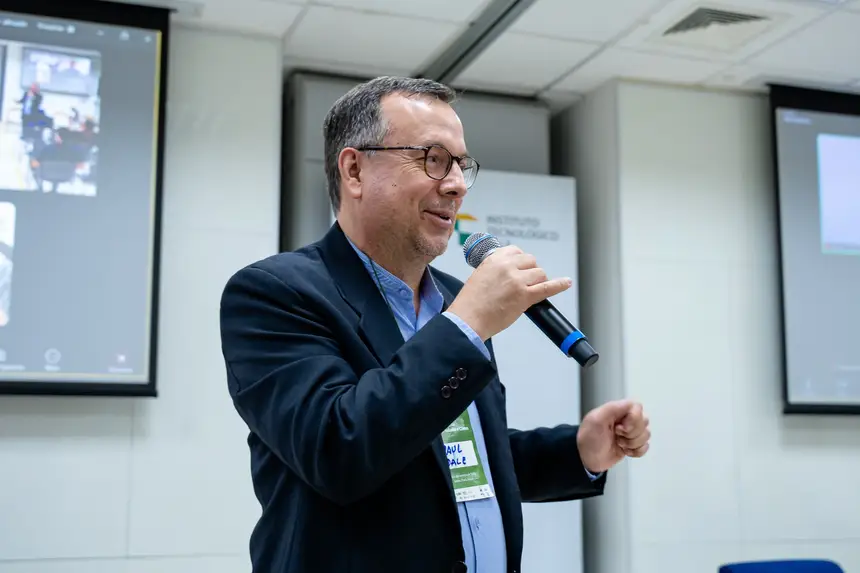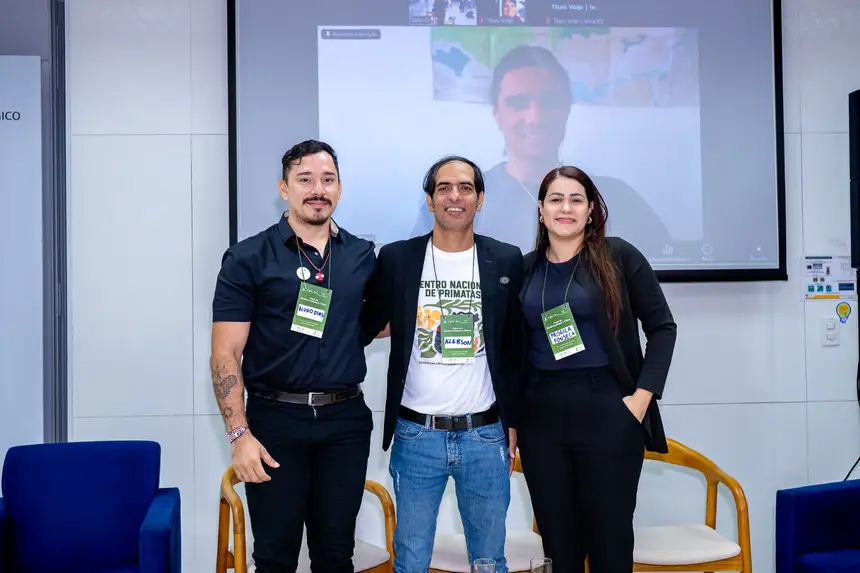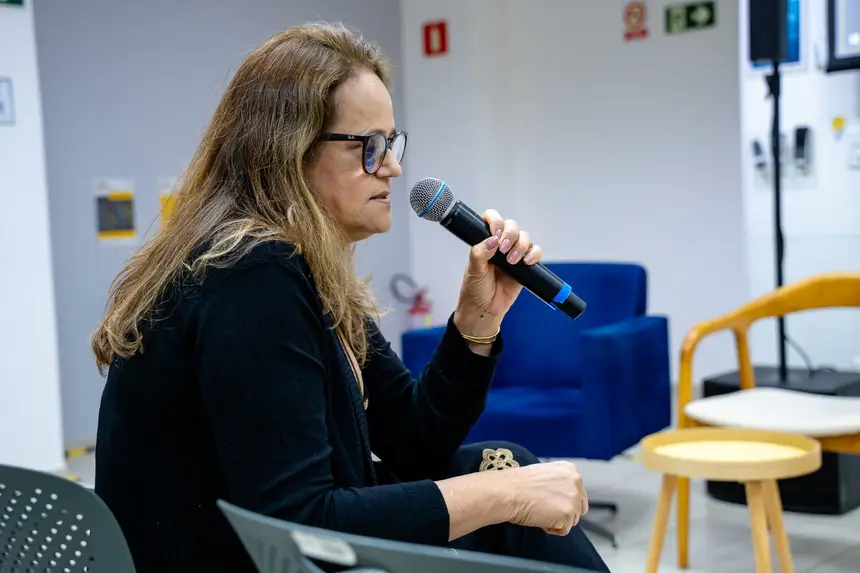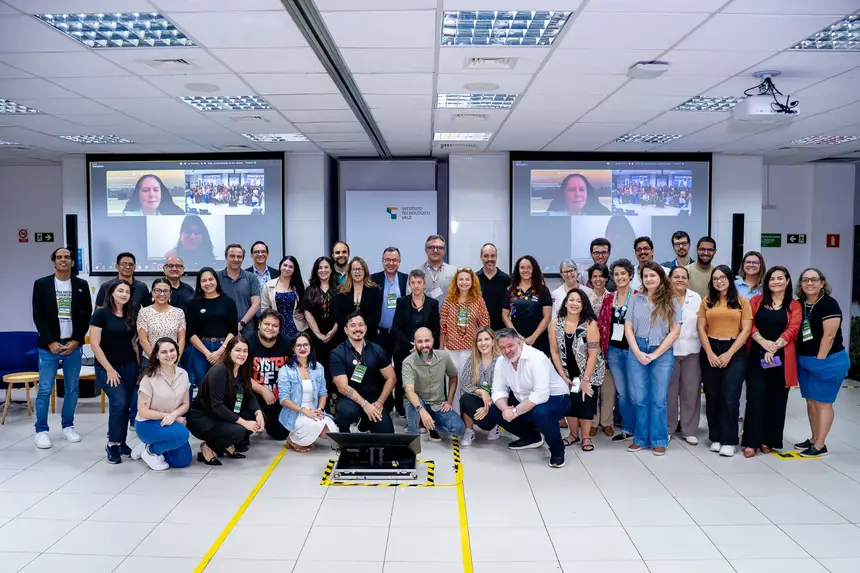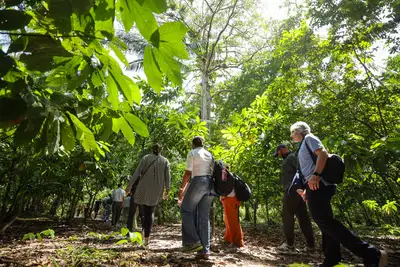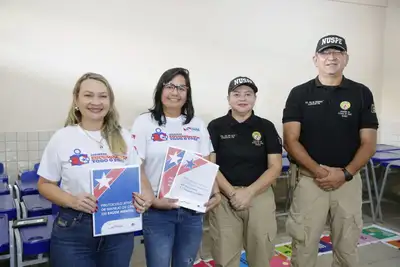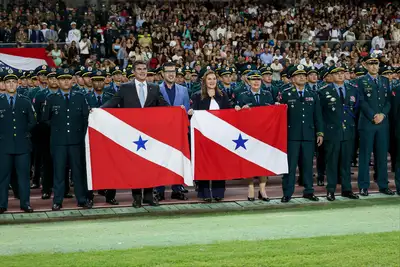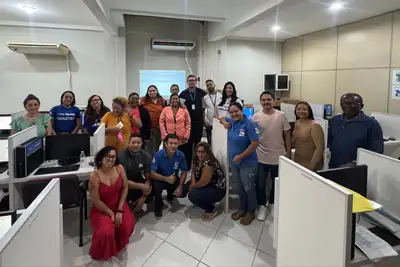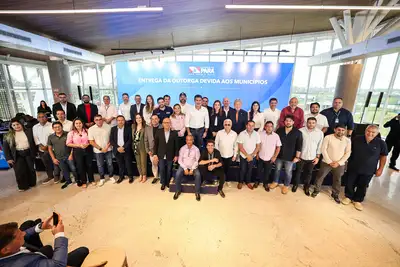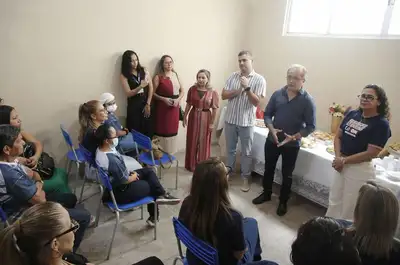Conservation with territorial justice marks Ideflor-Bio's participation in a panel on endangered species in Marajó
The discussion emphasized that the conservation of fauna is directly associated with the guarantee of a dignified permanence of traditional communities
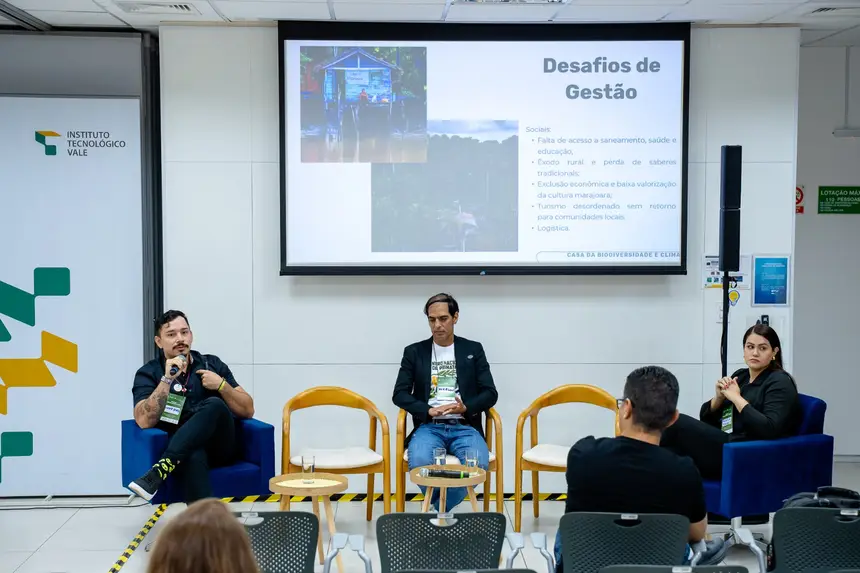
The technical program of the House of Biodiversity and Climate (CASA) at COP30 concluded with a debate that synthesized the central purpose of the initiative: to integrate science, public policies, climate, and Amazonian ways of life in favor of conservation with territorial justice. The panel "Endangered Species in the Marajó Archipelago: integrated conservation and territorial justice" brought together researchers, managers, and institutional representatives to discuss ways to strengthen the protection of Marajoara sociobiodiversity.
The Institute of Forest Development and Biodiversity (Ideflor-Bio) chaired the table, which discussed the conservation of emblematic species in the Environmental Protection Area (APA) of the Marajó Archipelago. Among the topics addressed were the management of the cairara-kaapori (Cebus kaapori), a critically endangered primate endemic to the region, the protection of Amazonian turtles, and new records of sea turtles along the Marajoara coast — important indicators for ecological monitoring and for strengthening integrated conservation strategies in insular territory.
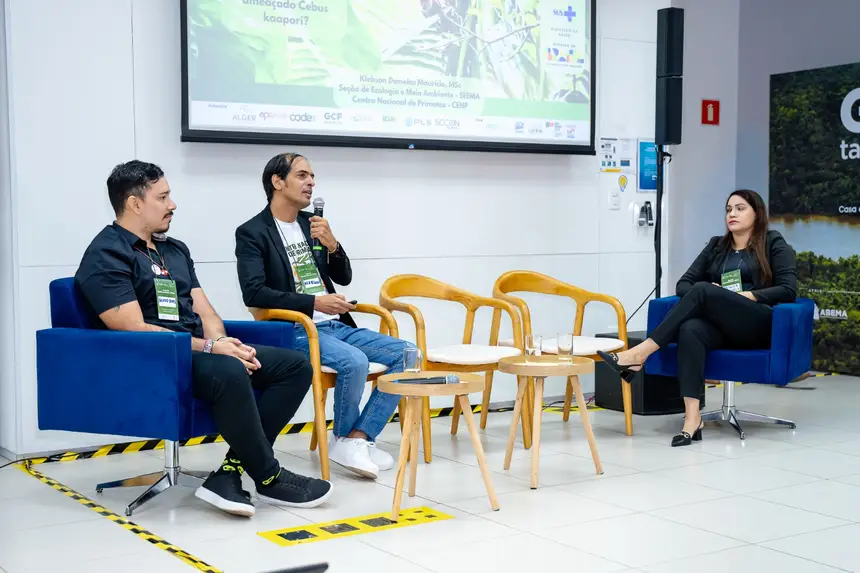
The discussion emphasized that the conservation of fauna is directly associated with the guarantee of a dignified permanence of traditional communities. The panelists reinforced that any environmental policy aimed at Marajó needs to recognize the protagonism of riverside, quilombola, and extractivist peoples, who act as historical guardians of local ecosystems. This approach, according to experts, is essential to face pressures such as deforestation, predatory fishing, and climate change.
It is also worth noting that the BioFoz Project was part of the program and announced its intention to inventory various groups of fauna in the region of the Mouth of the Amazon River, developed by the Federal University of Amapá (Unifap).
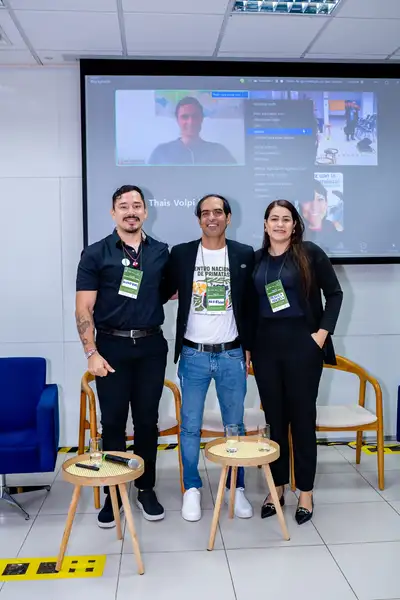
Moderated by the manager of the Marajó Administrative Region of Ideflor-Bio, Hugo Dias, the panel included Ideflor-Bio environmental analyst Dr. Priscila Fonseca Ferreira, Klebson Demelas Maurício (National Center for Primates / CNP - Ministry of Health), and Renato Richard Hilário (Unifap), as well as representatives from Vale, Vale Technological Institute (ITV), Brazilian Association of State Environmental Entities (Abema), and other partner institutions. The contributions highlighted recent advances in research, monitoring, and institutional articulations that strengthen territorial management in the archipelago.
For Hugo Dias, the debate symbolizes a commitment that goes beyond the COP30 program. "Talking about endangered species in Marajó is talking about the people who live with them, who depend on these forests, rivers, and natural fields. Conservation can only be sustained when it guarantees a future for biodiversity and for the communities that protect it every day. Our work at Ideflor-Bio reaffirms this path, uniting scientific knowledge and territorial justice," he stated.





